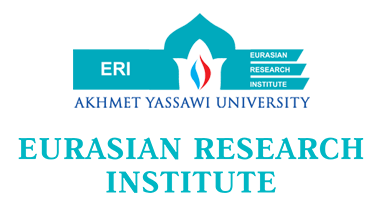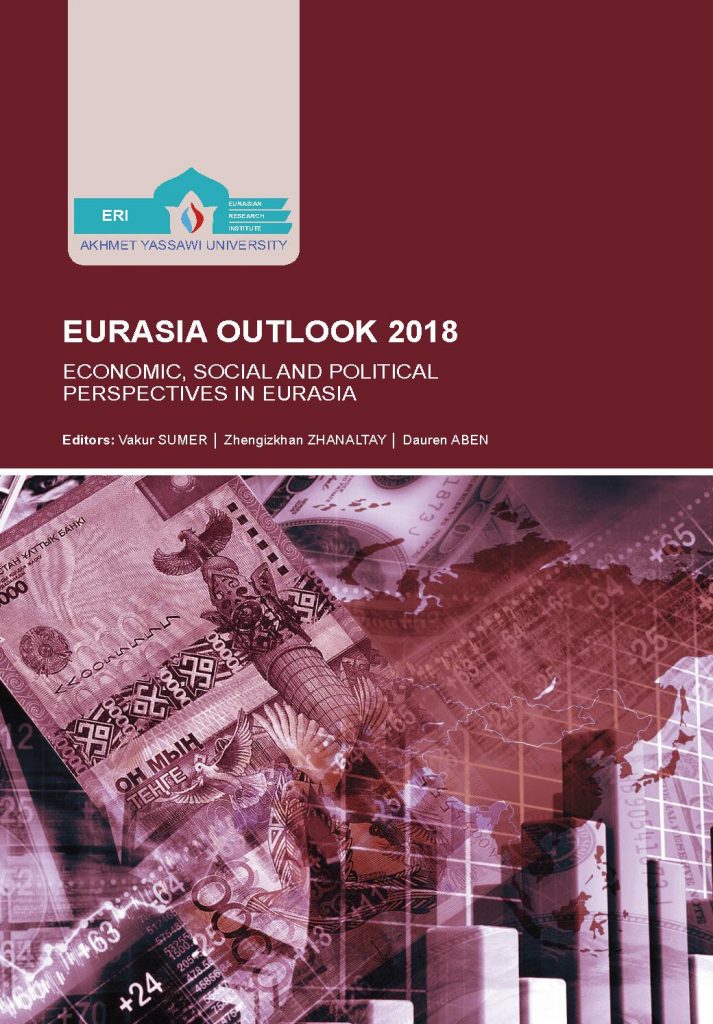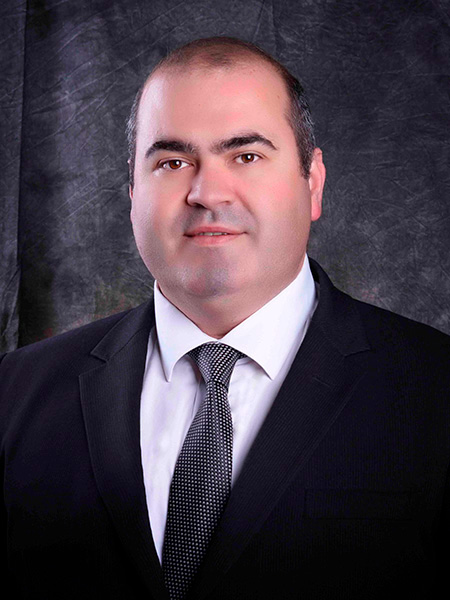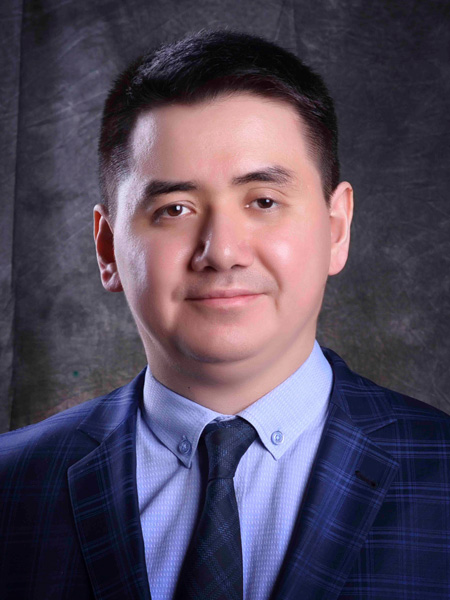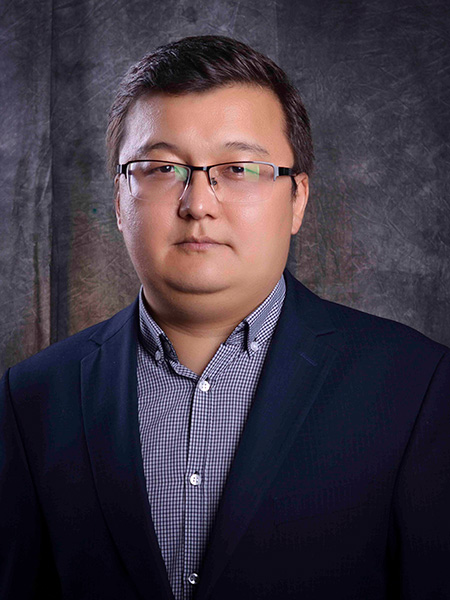Since 2015, the Eurasian Research Institute (ERI) has been issuing weekly e-bulletins that contain analytical articles on a wide range of topics related to political, economic and social developments in the Eurasian space, as well as the news block that covers recent activities in the region. As demonstrated by the positive feedback we continue to receive from our readers, the timely and unbiased analyses written by ERI experts and, occasionally, by external contributors are appreciated by politicians, officials, subject matter specialists, researchers and students from Turkey, Kazakhstan and other Eurasian countries. It is gratifying to know that the knowledge generated by the ERI contributes not only to academic research in the field of Eurasian studies but also serves as the basis to support a decision-making process on pressing issues facing the countries of Eurasia.
Contemporary Eurasia remains the key region for energy supplies, transportation routes and migration flows, and its significance as the strategic crossroads has only increased with the launch of China’s Belt and Road Initiative. Despite a number of negative developments that directly affect the well-being and stability of the countries of the region, including fluctuations of commodity prices at international markets, burgeoning trade wars, and continuing confrontation between Russia and the West, the states of Eurasia strive for taking advantage of existing and emerging possibilities to further develop their economic potential and strengthen their international standings. In this regard, the opening of Uzbekistan has provided a new window of opportunity for expanding mutual dialogue and regional cooperation in Central Asia. Nevertheless, there are a number of challenges that the Eurasian countries need to address to improve their security environment, bolster political relations, promote economic development and resolve social problems. In this context, the ERI weekly e-bulletins providing the analytical outlook of Eurasia become even more important, and we aim to continue updating our readers on the latest critical developments in this part of the world, taking advantage of our physical presence in the region.
This is the fourth edition of the Eurasia Outlook entitled “Eurasia Outlook 2018: Economic, Social and Political Perspectives in Eurasia”. This book is intended as a general analytical overview of the current events and ongoing transformations in the Eurasian region. In order to provide reliable and sufficient information about recent developments in Eurasia, the authors of the book covered a wide range of issues related to economy, finance, energy, transportation, international relations, politics, security, environment, and other related fields. We hope that this edition of the Eurasia Outlook will serve, similar to its predecessors, as a useful source of detailed information and thorough analysis on urgent topics of present-day Eurasia for policy makers, experts, scholars and students.
“Eurasia Outlook 2018: Economic, Social and Political Perspectives in Eurasia” consists of four chapters. Chapter I focuses on the economies of the Eurasian countries, examining in detail their fiscal balances and financial markets. In addition, the chapter contains a comprehensive review of developments at the energy markets and industrial structures of the regional countries. Chapter II is devoted to the analysis of political and economic cooperation of the Eurasian countries with an emphasis on international and regional aspects. In particular, this chapter discusses cooperation of the regional states with international organizations and regional powers, including in global trade, environmental and migration issues, as well as on security and in the military sector. Chapter III studies energy transportation and logistics developments in the Eurasian region as exemplified by the implementation of projects under China’s Belt and Road Initiative. The concluding Chapter IV analyzes political and social dimensions of the Eurasian societies. This chapter describes the political systems and election processes in Eurasia and addresses socio-cultural aspects of public life in the Eurasian countries.
We would like to extend our thanks to Prof. Dr. Musa Yildiz, the President of the Board of Trustees of Akhmet Yassawi University, and other Members of the Board of Trustees for their complete trust and unlimited support. We also thank Aigerim Manatkyzy for her assistance with translations. In fact, we are most grateful to the entire ERI team for their support in encouraging us throughout the whole process. We truly believe that our readers at all levels will find this book useful, instructive, and informative and hold out a hope that it makes a valuable academic contribution to the field of Eurasian studies.
PDF
112
